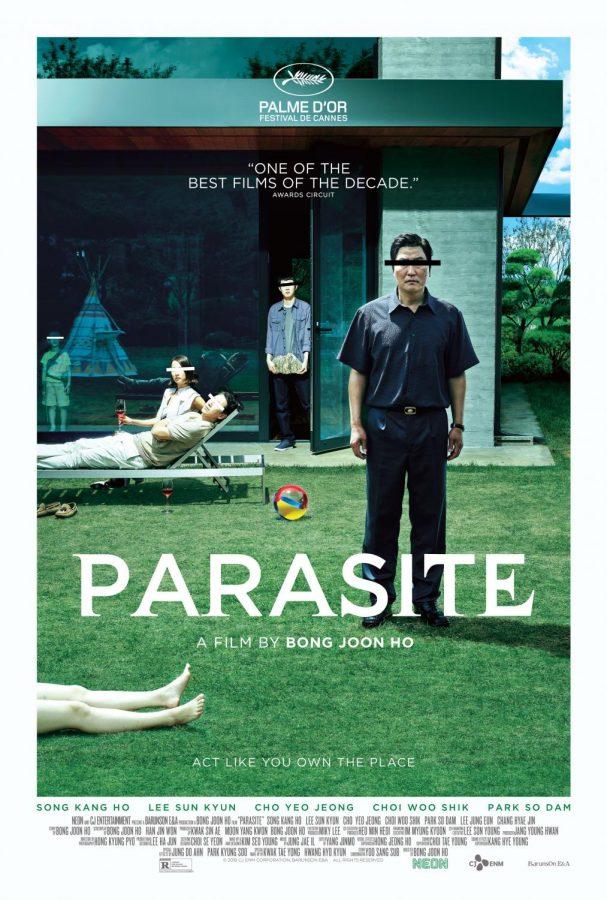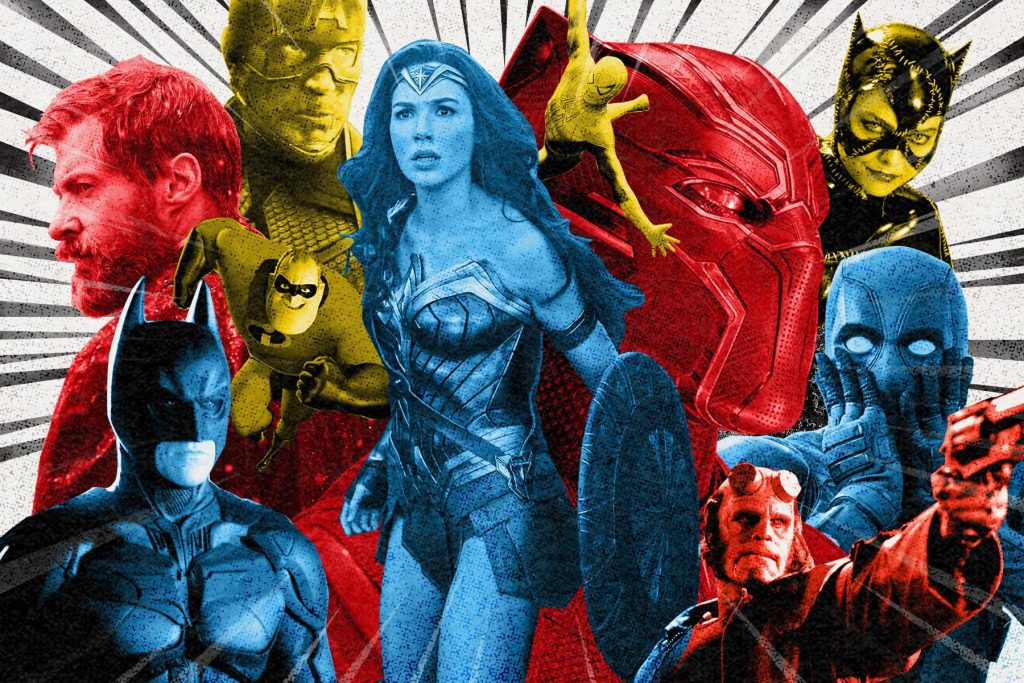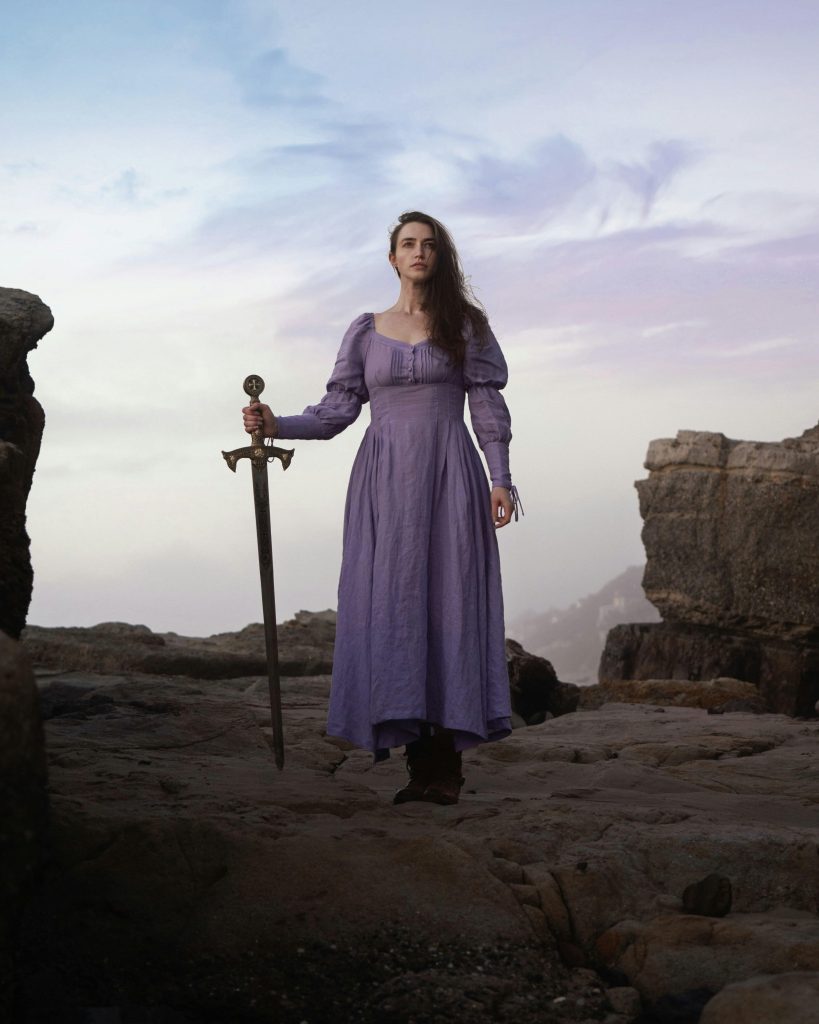In the dimly lit corners of cinema history, where celluloid whispers tales of yesteryears, certain films stand as monoliths, casting long shadows over the art of storytelling. Among these titans is Casablanca, a cinematic masterpiece that has not merely survived the ravages of time but has thrived, captivating generation after generation. But in an era dominated by CGI spectacles and binge-worthy series, one might ponder: should classics like Casablanca be mandatory viewing for all who claim the title of movie fan? With an audacious blend of romance, intrigue, and moral dilemmas, Casablanca is more than just a film; it is a cultural rite of passage. Join us as we embark on a journey through the fog-drenched streets of 1940s Morocco, exploring why this timeless tale might just be the quintessential experience every cinephile must embrace.
Exploring Timeless Narratives in Cinemas Golden Age
In the pantheon of cinematic history, few eras captivate the imagination quite like the Golden Age of Hollywood. This period, marked by innovation and the birth of enduring storytelling techniques, offers films that transcend time. Classics like Casablanca not only serve as a testament to the artistry of filmmaking but also provide a cultural touchstone that resonates across generations. Their narratives are rich with universal themes such as love, sacrifice, and moral dilemmas that continue to engage audiences today. As movie fans, immersing ourselves in these timeless stories is akin to studying the masterpieces of literature—essential for understanding the evolution of narrative art.
- Cultural Significance: Films like Casablanca capture the socio-political climate of their time, offering insights into historical contexts.
- Artistic Mastery: The technical and artistic innovations of the era set the stage for modern cinema.
- Timeless Themes: The enduring appeal of classic films lies in their exploration of themes that remain relevant.
For those passionate about the art of film, these classics are more than just movies; they are an education in storytelling. They challenge viewers to appreciate the nuances of character development and plot structure that laid the groundwork for today’s cinematic narratives. Therefore, making classics like Casablanca a staple in every movie fan’s repertoire is not just recommended; it is imperative.

The Cultural Impact and Enduring Legacy of Casablanca
The allure of Casablanca extends far beyond its romantic narrative and memorable quotes. Its cultural impact is multifaceted, shaping the film industry and influencing generations of filmmakers, writers, and artists. Set against the backdrop of World War II, the film encapsulates themes of love, sacrifice, and resistance, resonating with audiences worldwide. Its legendary status is cemented by its profound influence on film noir, blending suspense and romance with unparalleled finesse.
- Iconic Dialogue: Lines like “Here’s looking at you, kid” have permeated popular culture, quoted in countless contexts beyond the silver screen.
- Character Archetypes: Rick Blaine’s transformation from a cynical expatriate to a selfless hero set a precedent for character development in cinema.
- Musical Legacy: The song ”As Time Goes By” remains an emblem of timeless romance, often evoking nostalgia in its listeners.
The film’s enduring legacy is evident in its continued relevance and the reverence it commands among cinephiles. Its ability to transcend time and remain a cultural touchstone speaks volumes about its significance in the annals of film history.

Balancing Nostalgia with Modern Tastes in Film Appreciation
In the realm of cinema, balancing the charm of nostalgia with the allure of modern tastes is akin to a delicate dance, each step a blend of history and innovation. Classics like “Casablanca” serve as timeless touchstones, offering a window into the narrative and stylistic choices of their era. Yet, as the film landscape evolves, the question arises: should these iconic films be mandatory viewing for the contemporary cinephile?
Consider the following elements that contribute to this ongoing debate:
- Historical Significance: Classic films often capture the socio-political climate of their time, providing context that enriches one’s understanding of both the medium and its impact.
- Aesthetic Evolution: The visual and auditory techniques pioneered in classics laid the groundwork for modern cinematic language, influencing directors across generations.
- Cultural Literacy: Understanding references to iconic lines or scenes can enhance one’s appreciation of modern films that pay homage to their predecessors.
- Emotional Resonance: The themes explored in classic films, such as love, loss, and moral ambiguity, remain universal and continue to resonate with audiences today.
While it’s essential to honor the past, the modern viewer must also embrace new voices and perspectives that challenge traditional narratives. This blend of appreciation ensures a holistic film experience that respects the classics while celebrating contemporary creativity.

Crafting a Cinematic Curriculum: Must-See Classics for Every Enthusiast
In the vast universe of cinema, certain films stand as towering pillars that have shaped the art and craft of storytelling on screen. Among these, classics like Casablanca hold a revered status, not just for their historical significance, but for their timeless narratives and profound influence on modern filmmaking. Requiring these masterpieces in a cinematic curriculum is akin to insisting that literature enthusiasts read Shakespeare or Dickens. They offer a foundational understanding of narrative techniques, character development, and the evolution of thematic exploration in film.
- Historical Context: Classics provide a lens into the era they were created, reflecting societal values, struggles, and aspirations.
- Cinematic Techniques: They showcase pioneering techniques that have been adapted and refined over decades.
- Influence on Modern Cinema: Many contemporary films draw inspiration from these iconic works, making them essential viewing for understanding film lineage.
For every movie enthusiast, these classics are not just a trip down memory lane but a treasure trove of cinematic wisdom that continues to resonate across generations.









